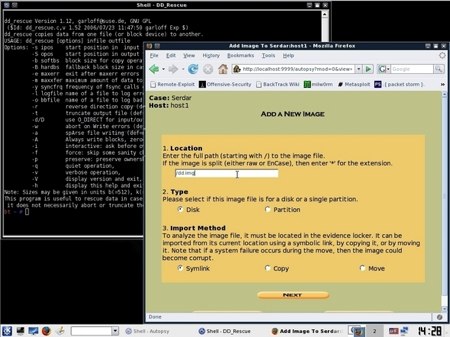
A coworker approached us today with a corrupted SD card. It was out of her digital camera, and when plugged in, it wasn’t recognized. This looked like the perfect opportunity to try out [Christophe Grenier]’s PhotoRec. PhotoRec is designed to recover lost files from many different types of storage media. We used it from the command line on OSX, but it works on many different platforms.
It’s a fairly simple program to use. We plugged in the card and launched PhotoRec. We were prompted to select which volume we wanted to recover. We selected “Intel” as the partition table. PhotoRec didn’t find any partitions, so we opted to search the “Whole disk”. We kept the default filetypes. It then asked for filesystem type where we chose “Other” because flash is formatted FAT by default. We then chose a directory for the recovered files and started the process. PhotoRec scans the entire disk looking for known file headers. It uses these to find the lost image data. The 1GB card took approximately 15 minutes to scan and recovered all photos. This is really a great piece of free software, but hopefully you’ll never have to use it.











